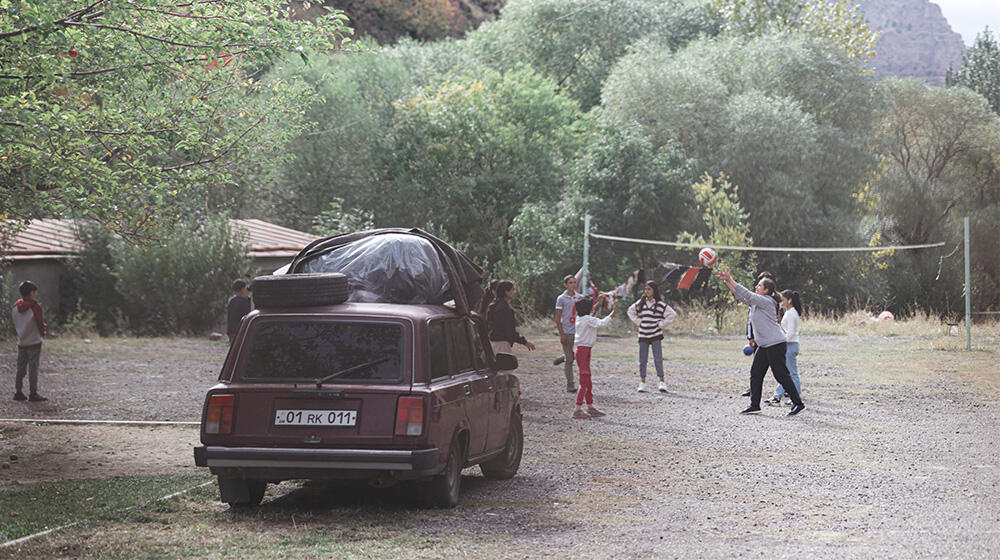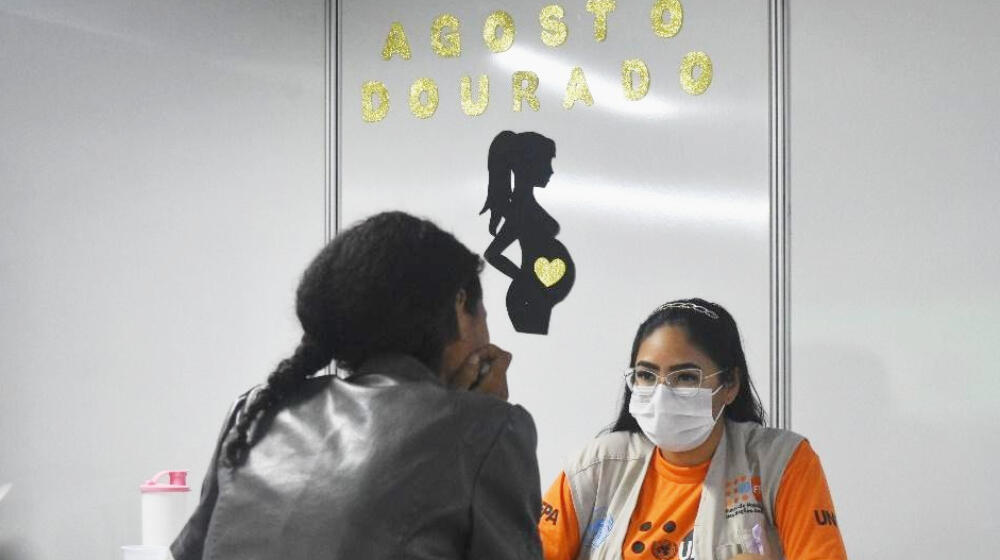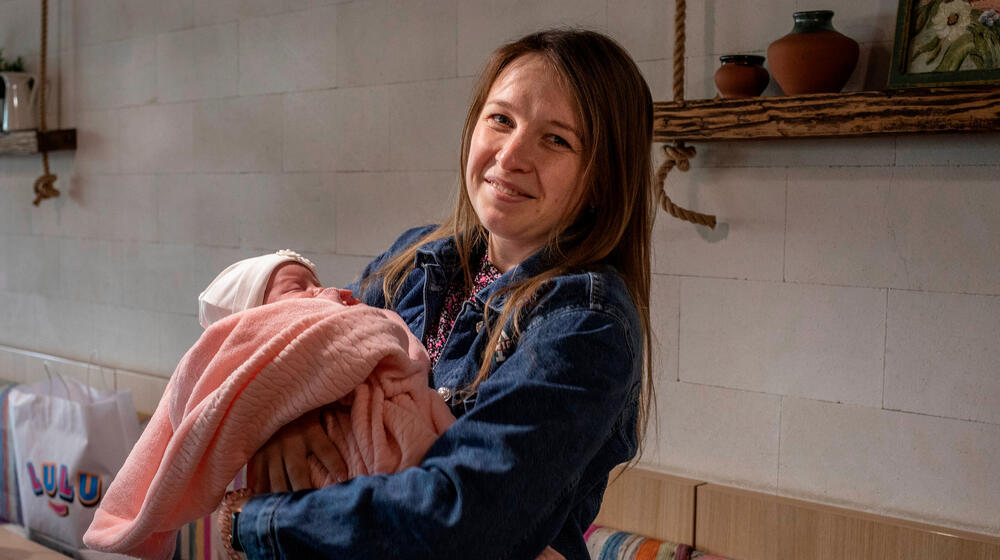In May 2022, the world reached a sobering milestone: the number of forcibly displaced people globally surpassed 100 million, or more than 1 per cent of the world’s population and equivalent to the 14th most populous country on the planet, according to the United Nations Refugee Agency.
The theme of this year’s World Refugee Day is the right to seek safety, which includes safe borders, not forcing anyone back if doing so would jeopardize their life or freedom and non-discriminatory, humane treatment. We say people have fled their homes, but no one chooses to leave everything behind and risk violence, abuse and exploitation, especially already vulnerable women and girls. What they are fleeing is conflict (Afghanistan, Syria, the Democratic Republic of the Congo), war (Ukraine) or persecution (Myanmar). What they are escaping is human-caused or natural disasters (Ethiopia, Kenya, Somalia). Desperate conditions beyond their control have made them refugees, asylum seekers, internally displaced persons or stateless people.
The United Nations 1951 Refugee Convention and 1967 Protocol lays out the rights of refugees and their responsibilities towards host countries as well as States’ legal obligations in protecting them. Refugees should be treated the same as foreign nationals if not nationals of a given country. World Refugee Day was first held globally on June 20, 2001 to mark the 50th anniversary of the 1951 Convention relating to the Status of Refugees.
People do not lose the right to live a life of health and dignity free of violence when they lose nearly everything else. To support uprooted women and girls, UNFPA distributes dignity kits to help them manage their menstrual hygiene, provides sexual and reproductive health care including gender-based violence protection and case management services and provides critical maternal care. A reproductive health clinic operated by UNFPA and the Jordan Health Aid Society International in Zaatari camp, home to almost 80,000 Syrian refugees, has delivered more than 14,000 babies without a single maternal death.
In his 1993 Nobel Lecture, Nobel Peace Prize laureate Nelson Mandela called for a world “unburdened of the great tragedy of millions forced to become refugees.” That world remains elusive, and this day draws attention to the refugee’s plight, rights and fervent wish of home.




